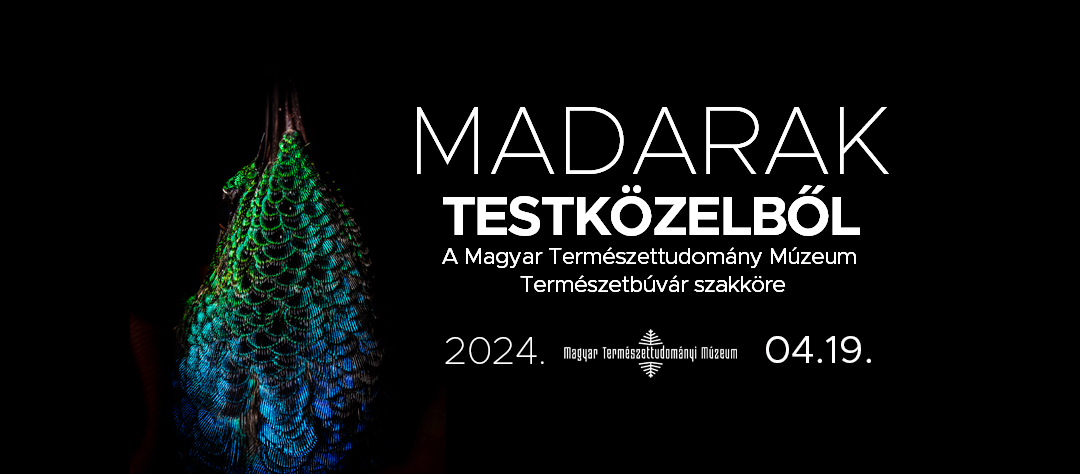The discipline of molecular taxonomy was formed in the early 1990s. It uses the modern, advanced and diversified apparatus of molecular biology to answer classical questions of systematics (taxonomy). Exploration of genetic variability resulting from variance of DNA sequences not only provides supplementary information for morphological taxonomy, but it also largely contributes to our knowledge on phylogenetic and evolutionary relations of species as well as processes of speciation: when, where and which ancestral lines species evolved from; how they were dispersed in geologic periods (especially in the last glacial period); how they have reached their recent ranges. As we are on the verge of the sixth great species extinction event, precise understanding of evolutionary is essential for a succesful biodiversity conservation . For this objective, wide range of knowledge is neccessary to join from different disciplines (e.g. anatomy, ecology, cytogenetics, paleobiology and reproduction biology) to unify and form a new discipline called „”integrative taxonomy”.
The manager of the laboratory between 2005 and 2010 was Dr. Ágnes Major.




